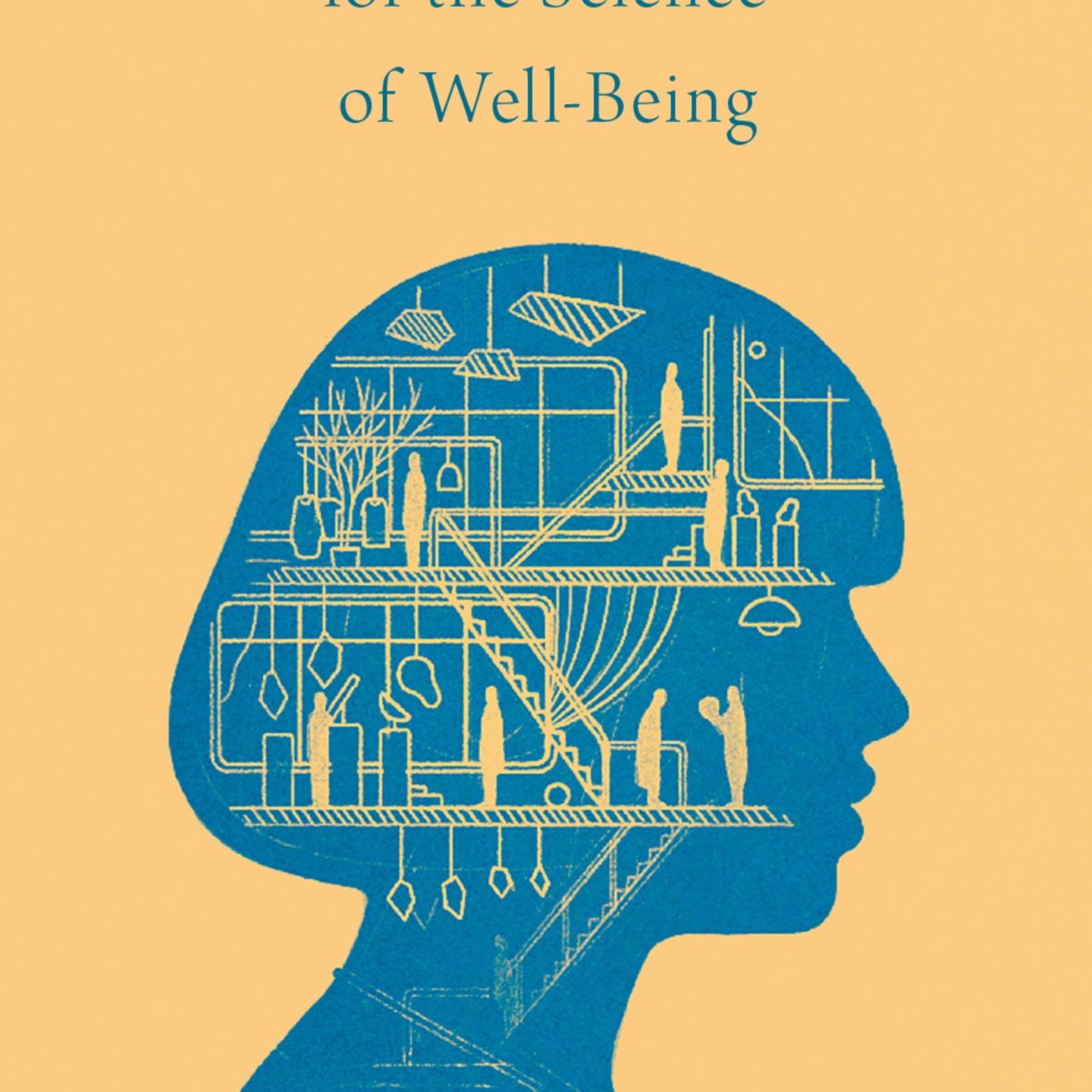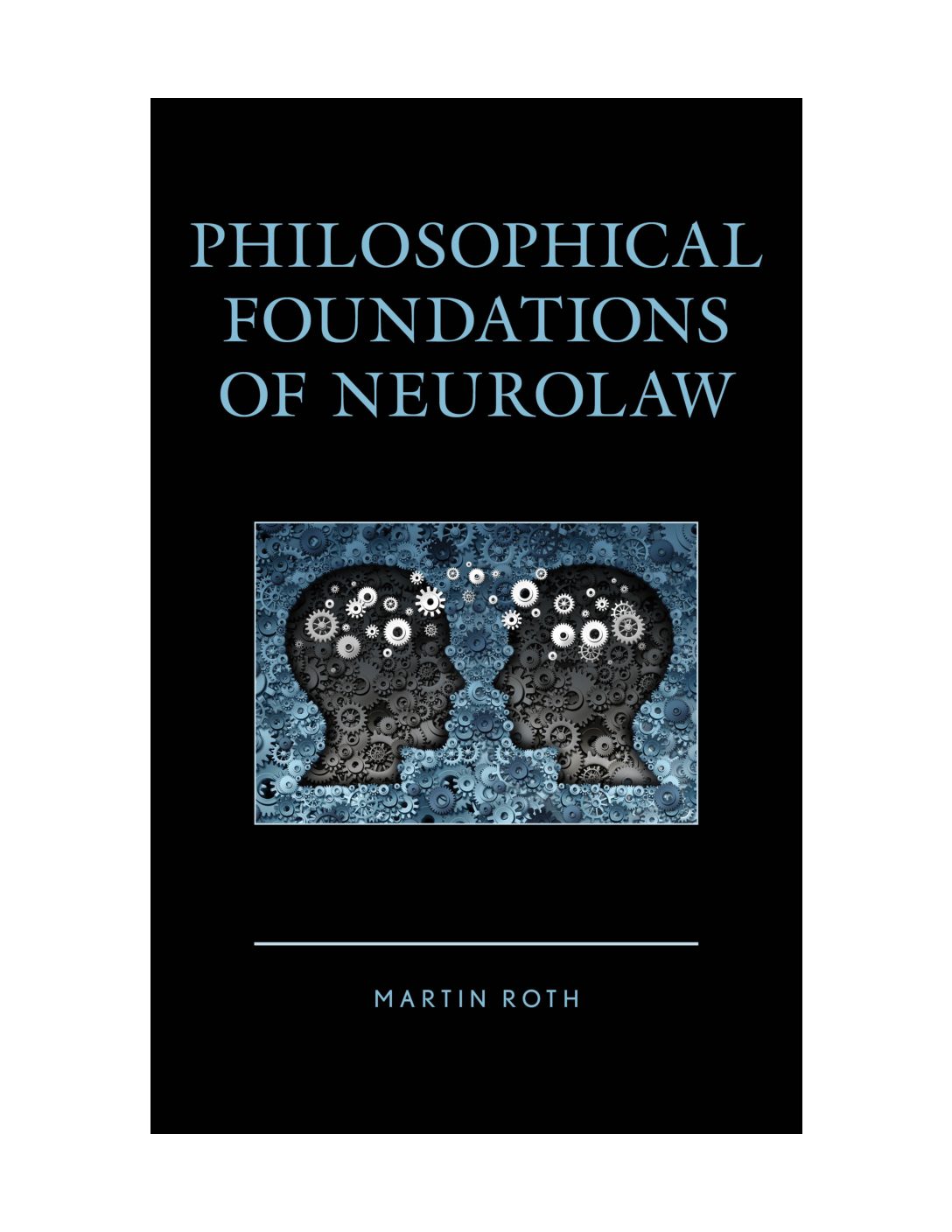Is Well-being a Number?
Suppose you agreed with me that the science of well-being should strive to be value-apt, that mid-level theories is the way to provide value-aptness, and that all of this is compatible with scientific objectivity. Even so, you could still remain a skeptic about the very possibility of such a science. …







